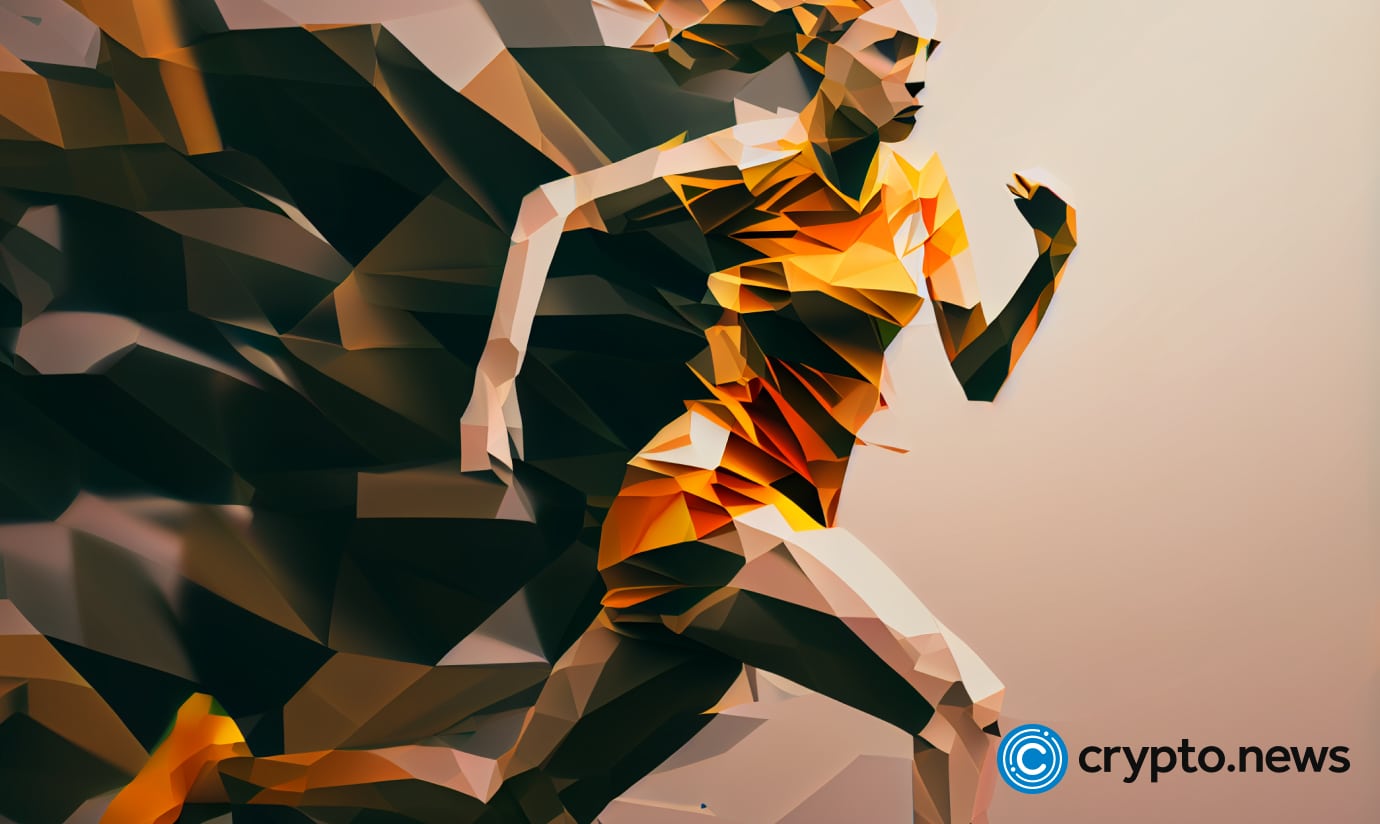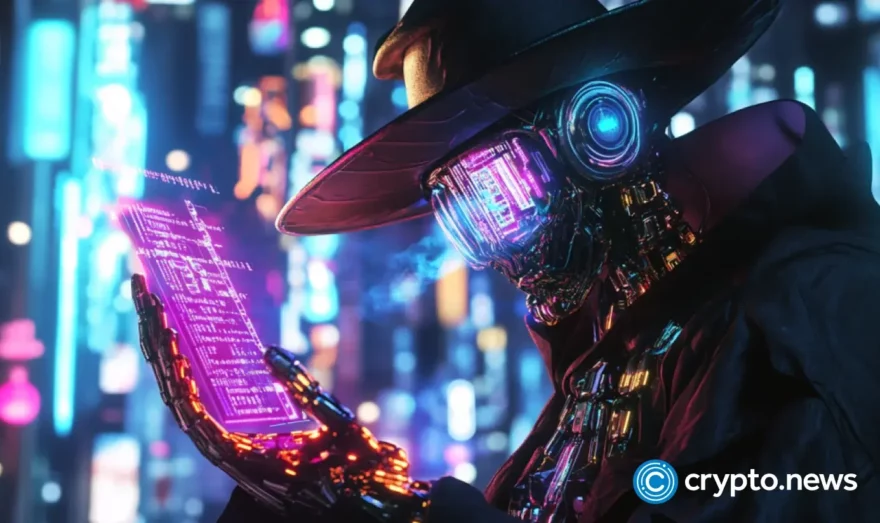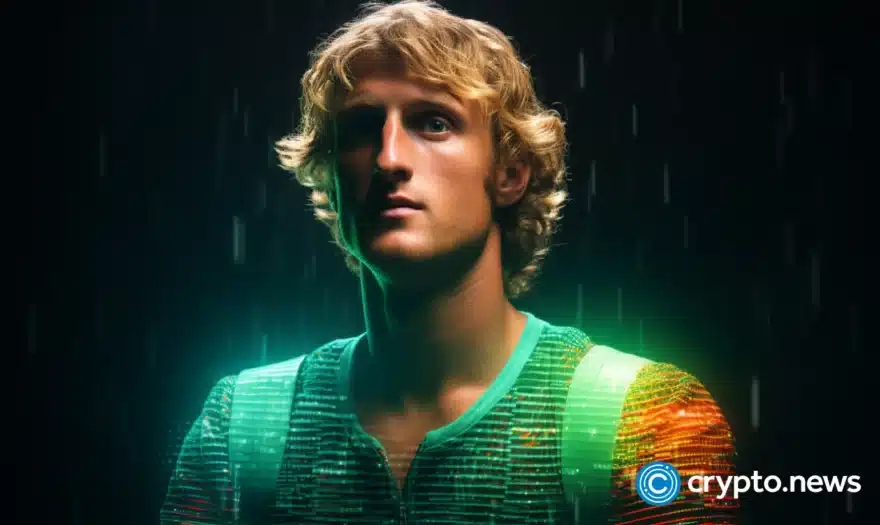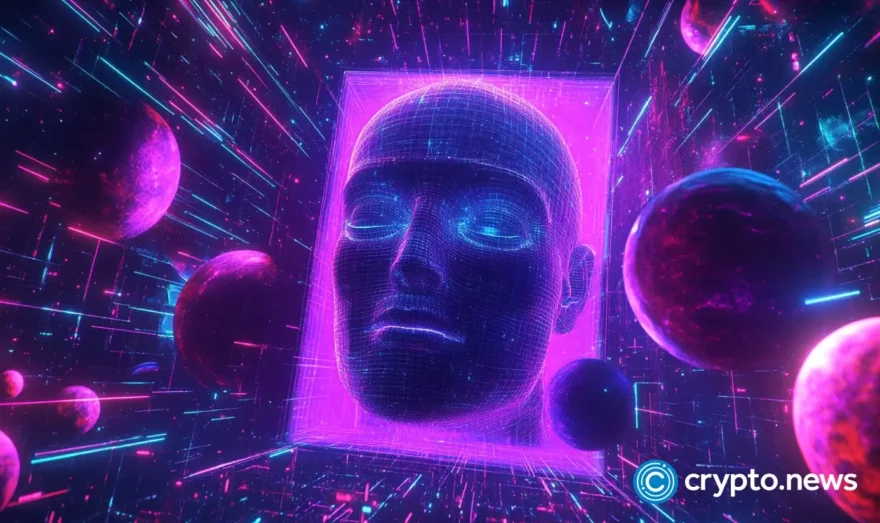NFTs in sports: are they good for athletes’ careers?

With Cristiano Ronaldo facing a $1 billion lawsuit for promoting Binance NFTs, we look closely at how sports personalities have interacted with NFTs.
Non-fungible tokens (NFTs) have come a long way from when Quantum was minted in 2014, growing from assets initially exclusively linked to virtual currencies to tokens influenced by what we see in real life, like films, toys, and games.
However, one of the areas where these tokens have stood out is in sports. Breaking into the bigger picture as memorabilia and collectibles, sport NFTs were first introduced in early 2021 when renowned NFL superstar Rob Gronkowski dropped a collection of Super Bowl Cards.
In 2023, there were multiple notable releases of sports NFTs, highlighting the increasing popularity of fantasy sports NFT platforms. According to the METAV.RS’s NFT market 2021-2023 report, about 35% of e-sports enthusiasts expressed their interest in collecting NFTs for enjoyment or potential financial gains, while an additional 20% showed significant enthusiasm.
Although sports NFTs are “memorable,” they have met a fair share of criticism from regulators and big players in the industry itself. In January, the Football Supporters Association criticized the English Premier League for collaborating with Sorare. The group spoke against the assets, saying they have “repeatedly raised concerns about the proliferation of crypto partnerships in the game.”
This article will discuss the steep rise in NFTs in sports and how much they have impacted personalities and entities within the industry.
Understanding sports NFTs
Sports NFTs are distinctive digital assets created on a blockchain, representing different items, significant moments, or various elements within the sports industry. These assets encompass virtual player cards, team memorabilia, iconic sports moments presented as images, GIFs, videos, virtual tickets, and other valuable sports-related items. Sports NFTs are available on NFT marketplaces such as OpenSea.
According to research conducted by the RBC Sports Professionals group, a professional athlete’s career in a league lasts an average of five to seven years. Athletes are usually productive in the younger years of their careers, with the exception of sports like the NBA or WWE. However, some athletes “cross the finish line” in debt and with little to financial support.
As such, an increasing number of athletes have sought to leverage NFTs, minting and auctioning highlights of their careers, famous shirt numbers, or merchandise and earning royalties from sales.
For fans, acquiring an NFT sports collectible represents an opportunity to possess a unique fragment of history. The emotional allure struck by these items is particularly evident among devoted fans, like those still nostalgic for Lebron James’ block on Andre Iguodala in the 2016 NBA Finals.
NBA Top Shot minted LBJ’s 2016 Finals block in the LeBron James Anthology Collection, giving NBA fans a chance to hold onto the memory for years and years to come.
Fan tokens
Fan tokens are digital assets that give sports fans a tokenized share of influence over club decisions. They are usually created and distributed through blockchain technology platforms like Socios.com.
The idea behind Fan token development is to bridge the gap between fans and their favorite teams by allowing them to vote on various club decisions like choosing the team’s shirt design, the location for a friendly match, and stadium music among others.
In addition to voting rights, fan tokens can give holders access to exclusive rewards, merchandise, competitions, and once-in-a-lifetime experiences. Some teams even offer meet-and-greet opportunities with players or VIP seats at matches.
According to Coingecko, fan tokens have a market cap of over $300 million. The significant growth coincided with the launch of the Chilliz 2.0 network, which enables fans to purchase NFT tickets to matches. Networks like Polygon have also adopted the technology, helping entities like Sports Illustrated develop NFT ticketing platforms in the process.
Sorare’s fantasy sports NFTs
Sorare, a card trading marketplace and NFT fantasy sports league based on competitions like La Liga, Premier League, NBA, and Bundesliga, was launched in 2019. The platform currently holds the 10th position in the all-time sales volume among NFT collections, with $734 million, per CryptoSlam data.
In Sorare, players collect NFT player cards to compete for prizes in a fantasy league format. According to NFTpricefloor, there are currently more than 16k unique owners of Sorare NFTs, which have a 330k total supply.
Earlier this year, the platform signed a four-year partnership with the English Premier League. Although the move was highly appreciated by the crypto community, fans and football pundits did not take it well.
In 2021, the concerns of English football support groups prompted the UK Gambling Commission to make inquiries on “ whether Sorare.com requires an operating license.” Since then, there hasn’t been a clear direction on whether or not the platform should acquire permits, much to the dismay of the English Football Supporters Association.
The rise of NFTs in sports
Many consider Gronkowski’s collection release date as the day that opened the floodgates for the development of collectibles from different sports. Just a month after the NFL star dropped his NFT cards, the Basketball franchise Golden State Warriors released their team collection, and from there, it was all uphill for sports NFTs.
While the sports NFT market didn’t count impressive numbers this year, analysts feel it did leave an impression enough to draw the attention of traders come 2024. According to a report by MarketDecipher, the value of the sports trading cards market in 2023 surpassed $14 billion, while the sports memorabilia collectibles market reached a valuation of $32 billion.
Sports personalities and big-name athletes haven’t been shy about getting involved with NFTs. Serena Williams, Michael Jordan, Stephen Curry, Shaquille O’Neal, and Neymar Jr are among the most famous people to publicly state they own NFTs, showcasing how popular these digital assets have become since 2021.
In late 2021, 7-time Super Bowl winner Tom Brady launched an NFT platform named Autograph, which enabled celebrities to sell NFTs to their fans. Through Autograph, Brady released a collection of 16k Tom Brady Origins Collection NFTs that reportedly sold out in 10 minutes. The collection was made up of moments in Brady’s career.
Eight-time Ballon d’Or winner Lionel Messi, in conjunction with Ethernity, also has an NFTs collection hailing from the project “The Messiverse.” Just a week after its debut, one particularly rare piece called “The Golden One” was resold on the secondary market for over $9 million.
Nonetheless, the athletes mentioned above have received a fair share of criticism for their association with NFTs and digital currencies in general, as sports organizations feel these personalities are taking advantage of the “fan appeal” to make profits at the expense of their fans.
Impact on the reputation of sports personalities
Athletes view NFTs as a great way to interact with their fans, offering exclusive access to experiences, items, trophies, and history in general. With the creation of fan tokens, sports clubs are finding more ways to engage their fans by offering them chances to make decisions in their organizations, just like board members.
NFTs have also increased the brands of sports personalities, giving them a way to earn income in royalties while simultaneously giving fans authentic sports merchandise and memorabilia, like Cristiano Ronaldo’s CR7, Lebron James’ jersey 23, or Michael Jordan’s iconic dunking photo.
However, things are not always sunshine and rainbows when NFTs are involved in the sports world. Athletes involved with NFTs are facing warnings and lawsuits, with the main point of concern being “fraudulent advertisement.”
UK MPs against fan tokens
In October, UK lawmakers released a report that stated that the relationship between clubs and fans would facilitate high speculation on sport-based digital assets, which harbors a colossal financial risk to fans and could destroy the reputation of clubs.
Furthermore, UK MPs raised concerns about the use of fan tokens, saying clubs may give fans the impression that the tokens are “an appropriate form of fan engagement in the future,” ignoring their price volatility. They recommended fan tokens be excluded entirely from any measure of fan engagement in sports.
Advertisement troubles
There has also been a push to discourage sports personalities from engaging in any form of crypto advertising, owing to instances like the fall of FTX, where several athletes like Stephen Curry and Shaquille O’Neal faced charges for reportedly promoting the beleaguered exchange.
Adding fuel to the fire is Cristiano Ronaldo’s $1b lawsuit for the alleged promotion of Binance and his “CR7” NFT collection. Regulators could be looking to make an example out of Ronaldo’s case, who is arguably the most famous name in sports currently.
According to the BBC, the plaintiffs believe Ronaldo’s promotional message about Binance and his NFTs made the searches of the exchange grow by 500%. Also, per the U.S. Securities and Exchange Commission, which terms NFTs as securities, celebrities must disclose how much they get paid to advertise them. Ronaldo reportedly did not share how much Binance paid him for the adverts.
Given the current regulatory landscape on the digital currency market in general, some feel Ronaldo’s lawsuit is a little over the top. They suggest that instead of trying to fight the growth of NFTs, global financial regulators should focus on establishing clear guidelines on how to oversee the ownership and trades of these digital assets.
“It is crucial to recognize that blaming Ronaldo alone oversimplifies a complex issue……..Instead, attention should also be directed towards global regulators who have been slow to establish clear guidelines for this evolving financial landscape.”
Nigel Green, DeVere Group consultancy firm head, told BBC news.
Will more sports personalities embrace NFTs?
Even though Ronaldo and Binance are facing a lawsuit that could cost them over $1 billion, the latter announced on X that the two are still working on something.
It would suggest there may be light at the end of the tunnel, but the concerns and controversies piling up on sports NFTs are becoming hard to ignore.
If the market remains unregulated, most sports personalities may become more wary about involving themselves with NFTs, as they would be looking to avoid lawsuits that could make them lose partnerships, sponsors, and the support of the organizations they represent.

















